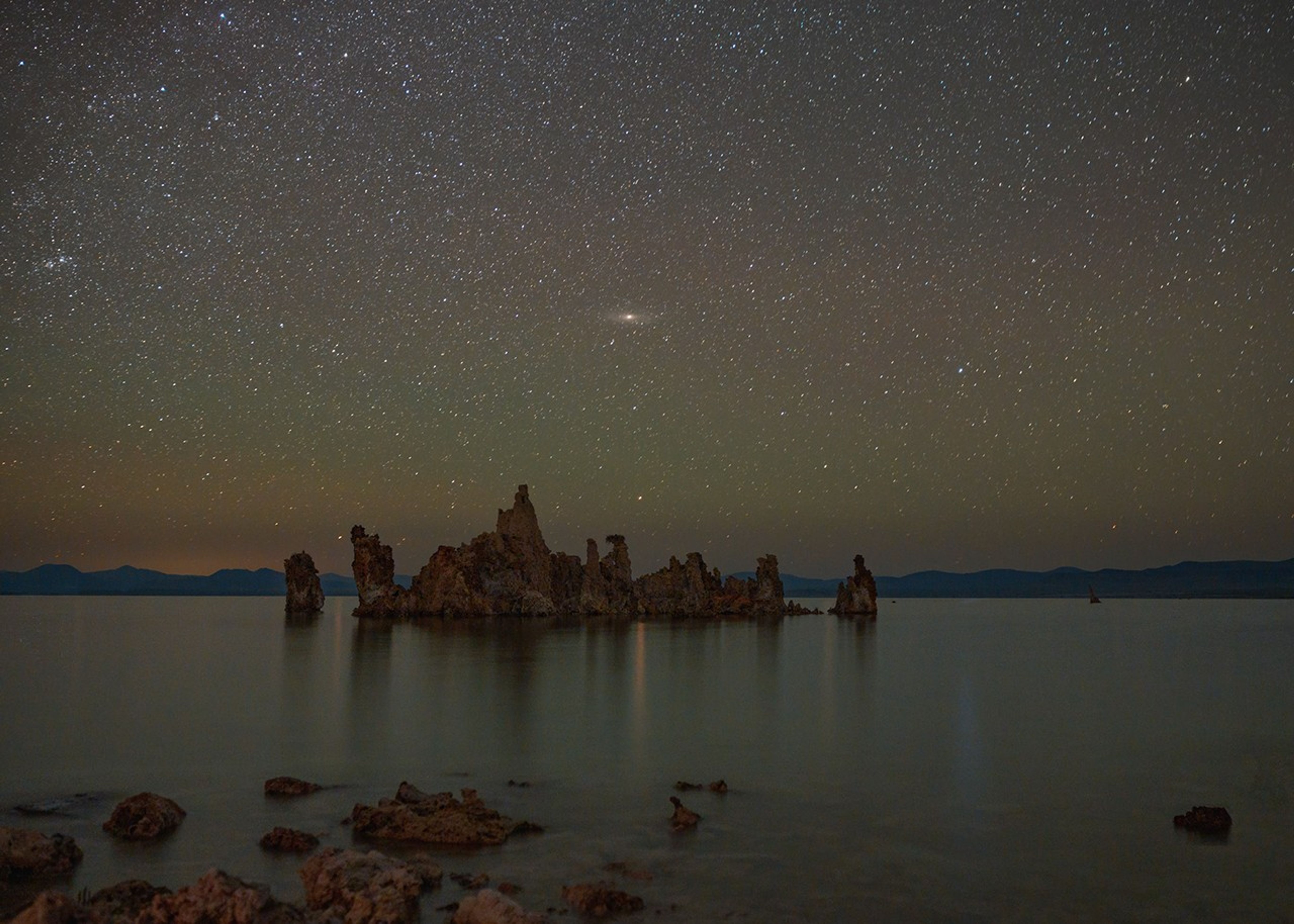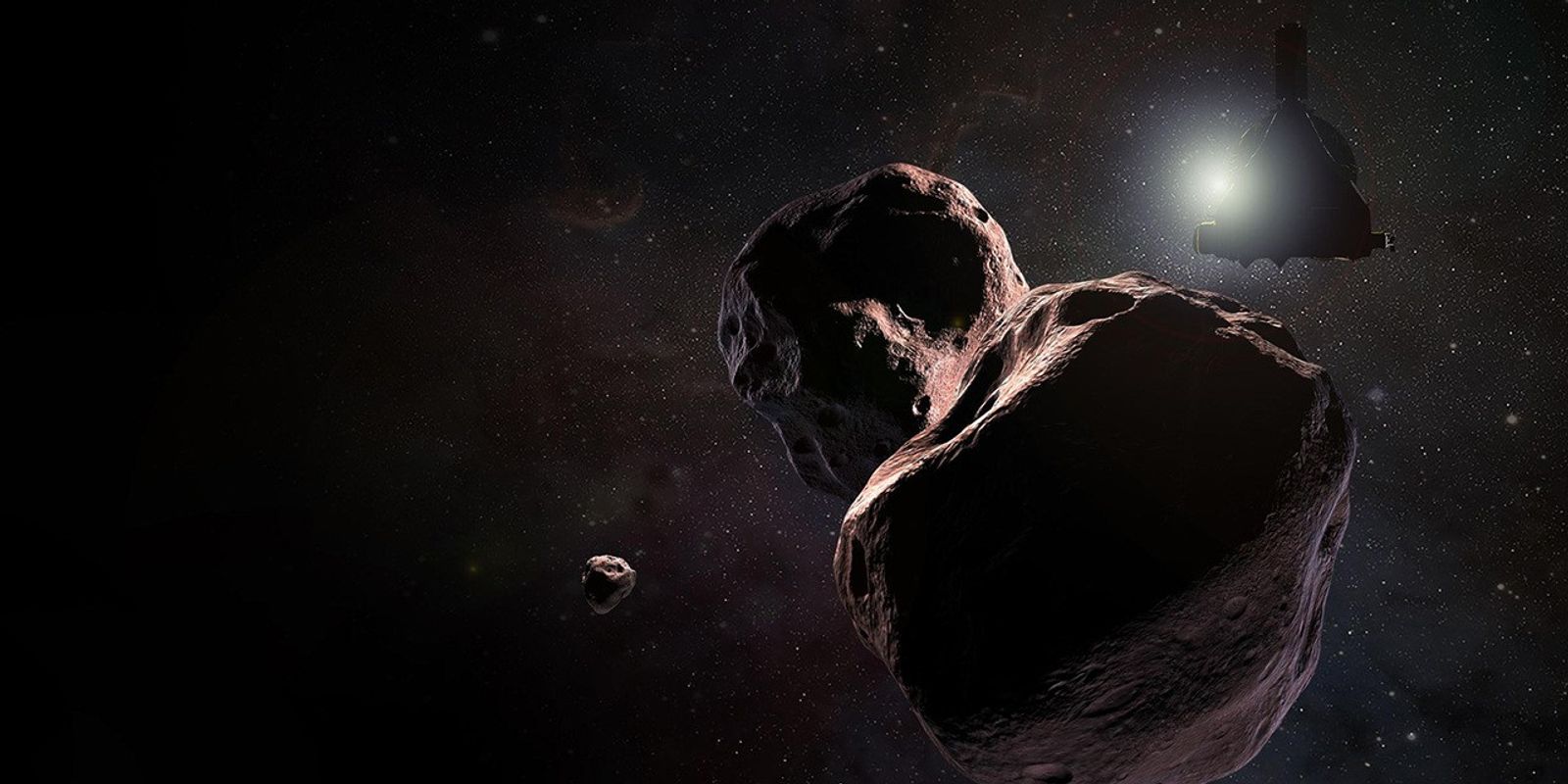Charles (Charlie) F. Hall, manager of three of NASA's most daring and exciting early scientific space missions, died August 26 in a Mountain View, CA hospital following a brief illness. He was 79.
Hall managed NASA's Pioneer Project Office, which he established in 1962 at NASA Ames Research Center, Moffett Field, CA. The Pioneer Office was the first and most successful spacecraft project office ever established at Ames. During its 18 years of existence, 12 spacecraft were launched by the office, which contributed to the success of subsequent Ames' space projects, including the Galileo Probe and Lunar Prospector.
"The entire NASA family mourns the loss of Charles Hall," said NASA Administrator Daniel S. Goldin. "His intelligence, persistence and leadership throughout his career at NASA - and particularly as the original Program Manager for the Pioneer Project - continue to inspire us to reach to the stars and beyond. Charlie Hall's Pioneer 10 craft may be over 6.8 billion miles from Earth, but his spirit will always be with us at NASA."
Under Hall's leadership, the Pioneer Project Office managed the development of and operated the Pioneer 6-9 series of Solar Wind Observatories, the Pioneer 10 and 11 Interplanetary Spacecraft, and the Pioneer Venus Orbiter, Bus and Entry probes. The spacecraft produced an outstanding record of technical accomplishments, including: first Solar Wind Observatories (Pioneer 6-9) which produced useable data for over 30 years; first spacecraft to traverse the asteroid belt (Pioneer 10); first spacecraft to fly-by Jupiter (Pioneer 10); first spacecraft to fly-by Saturn (Pioneer 11); coordinated Orbiter, Bus and Entry Probe measurements of Venus' atmosphere.
A native of San Francisco, Hall graduated cum laude in 1942 from the University of California at Berkeley with a Bachelor of Science degree in Mechanical Engineering. He joined NASA's predecessor agency, the National Advisory Committee for Aeronautics (NACA) in May of 1942. Hall resided in Palo Alto, CA for 7 years before moving to Los Altos, CA in 1950.
During his NACA career, Hall made important research contributions to aeronautics, including performance improvements for the P-51 fighter and increased efficiency of swept-back wings. He also contributed to the development of conically cambered wings to improve the lift-to-drag ratio of delta-wing aircraft.
Soon after NASA was formed, Hall helped persuade the Agency to develop the Pioneer 6-9 series of spacecraft, which examined the solar environment from orbits separate from the Earth's. Under his leadership, the reliability of spacecraft far exceeded performance requirements and resulted in more than 25 years of service from Pioneer 6.
"Space exploration projects managed by Charles Hall were executed with outstanding performance and economy, bringing world attention to Ames Research Center for its accomplishments," said Ames Research Center Director Dr. Henry McDonald. "Ames quickly became a major participant in NASA's space exploration because of the excellence of his Pioneer interplanetary probes."
Under Hall's management, the first mission into space beyond Mars, the Pioneer 10 and Pioneer 11 projects, completed a successful inspection of Jupiter. Pioneer 11 became the first spacecraft to reach Saturn. Instruments aboard Pioneer 10 and 11 conducted valuable scientific research over the next two decades about the sun's influence in this part of the galaxy.
Hall also managed Pioneer Venus, consisting of an orbiter and a set of four probes that were sent into Venus' atmosphere. In addition to nearly perfect engineering and many scientific accomplishments, the Pioneer Venus project was completed within its budget.
During his career, Hall received numerous national and international awards for his role in NASA's early space exploration. He received two NASA Distinguished Service Medals, one for the Pioneer 10 Project and one for the Pioneer Venus Project. In 1974, Hall received the American Astronautic Society, Inc., Achievement Award and in 1976, he received a Special Achievement Award from the National Civil Service League. The National Space Club selected him for an Astronautics Engineer of the Year Award in 1979. The following year, Hall received the American Institute of Astronautics and Aeronautics (AIAA) Space Systems Award. Hall also was selected for the NASA Ames Hall of Fame, which was established this year.
"Charles Hall was nominated for Ames' Hall of Fame for his personal brilliance and dedication in establishing management techniques and in guiding development of the Pioneer series of projects through complex technical challenges," said William Berry, deputy center director at NASA Ames. "In spite of his tight controls on resources, he consistently enjoyed the highest esteem of each of the many world-class scientists whose instruments and studies were developed and supported via his spacecraft and management. His accomplishments are legendary among space project managers."
A funeral mass will be celebrated on Tuesday, August 31 at 12 noon PDT at St. Simons Church, 1860 Grant Road in Los Altos, CA.



































